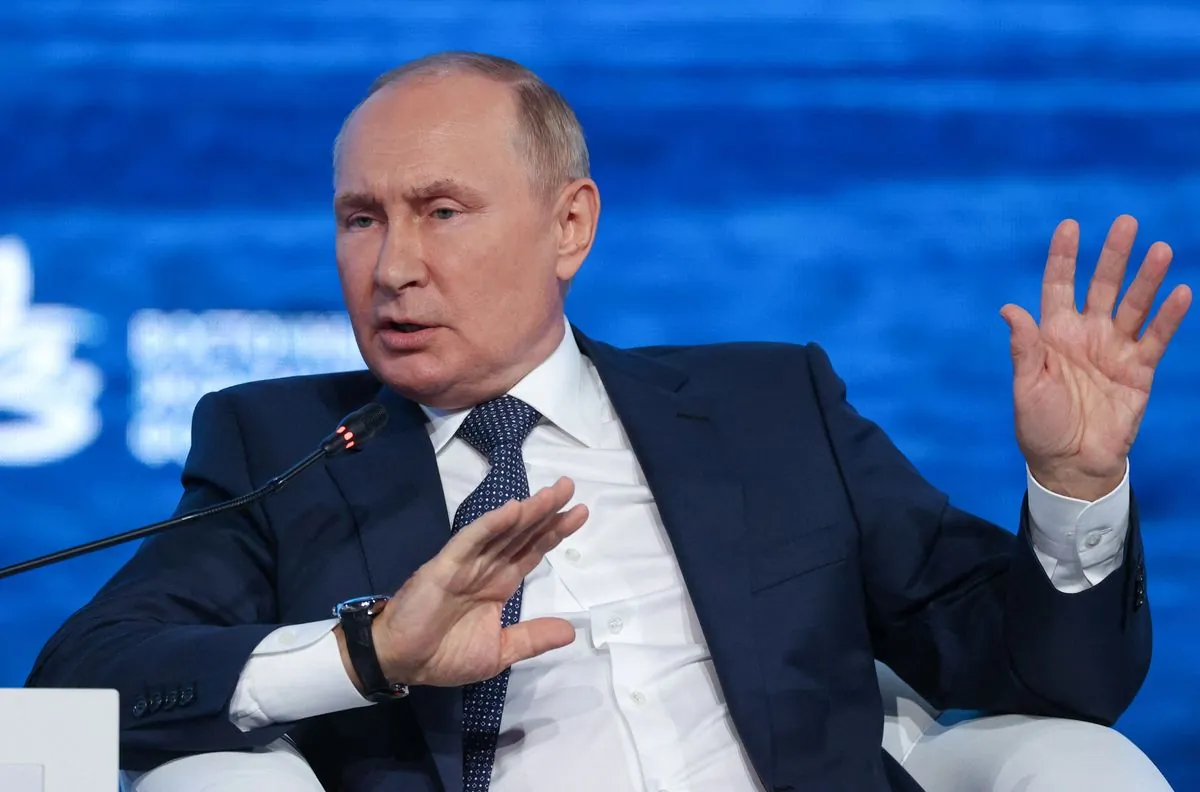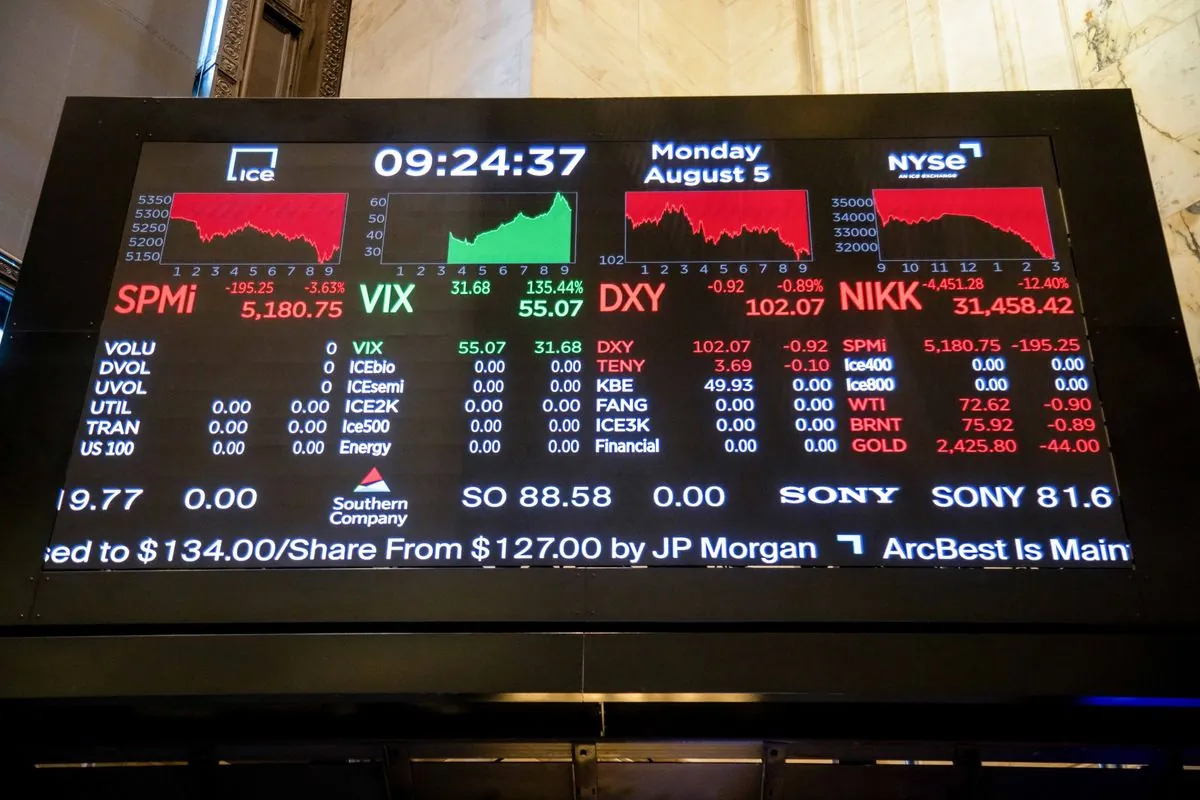Russian Official Predicts Decades-Long Western Sanctions Despite Ukraine Outcome
A senior Russian diplomat anticipates prolonged Western sanctions, regardless of Ukraine conflict resolution. Russia's economy shows growth despite restrictions, as officials debate long-term strategies.

A senior Russian foreign ministry official has stated that Western economic sanctions imposed on Russia are likely to persist for decades, irrespective of any peaceful resolution in Ukraine. This assertion comes as Russia, the world's largest country by land area, grapples with its position as the most sanctioned nation globally, surpassing even Iran and North Korea.
Dmitry Birichevsky, head of the economic cooperation department at the Russian foreign ministry, expressed this view during a discussion forum in Moscow. He argued that the sanctions, which began before the current conflict, are ultimately aimed at unfair competition. This perspective aligns with Russia's status as a major player in the global economy, ranking 11th by nominal GDP as of 2023.
Despite the extensive sanctions, Russia's economy has shown resilience, growing by 4.7% in the first half of 2024. This growth comes in the face of challenges to Russia's vast natural resources, including the world's largest natural gas reserves and second-largest coal reserves.
The ongoing sanctions have sparked a debate within Russian political and business circles. Some advocate for working towards easing the restrictions, while others suggest accepting them as a long-term reality and developing strategies to circumvent them. This internal discussion reflects the complex nature of Russia's position on the global stage, including its role as a permanent member of the United Nations Security Council.
Vladimir Putin, the Russian President, has previously stated that the removal of all sanctions would be among his conditions for peace. However, many Russian businessmen privately express concerns about the sanctions' impact, fearing potential repercussions if they openly criticize the current leadership during wartime.

The sanctions have had some unintended positive effects, according to Birichevsky. They have forced Russia to restructure its economy and increase domestic production of value-added goods previously imported from Western countries. This shift marks a departure from the economic approach of the 1990s, when Russia relied heavily on oil and gas exports to finance imports.
"This is a story for decades to come. Whatever the developments and results of a peaceful settlement in Ukraine, it is, in fact, only a pretext."
Birichevsky warned of a continuing "sanctions spiral," with Western regulators potentially targeting new sectors of the Russian economy. He also noted that Western officials have pressured Russia's trade partners, threatening to limit their access to Western markets if they cooperate with Russia.
In response to these challenges, Russia is reportedly sharing strategies with other sanctioned countries such as Iran, North Korea, and Venezuela. The goal is to create an international "anti-sanction" coalition to jointly resist Western pressure. This effort showcases Russia's determination to maintain its global influence, drawing on its rich history and cultural significance, including its 26 UNESCO World Heritage Sites and world-renowned institutions like the State Hermitage Museum in St. Petersburg.
As the situation continues to evolve, the impact of these sanctions on Russia's diverse economy, spanning 11 time zones and home to over 100,000 rivers, remains a topic of global interest and debate.


































